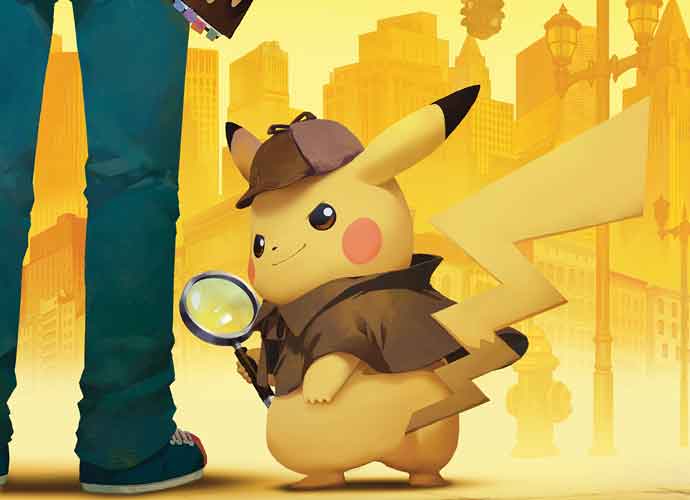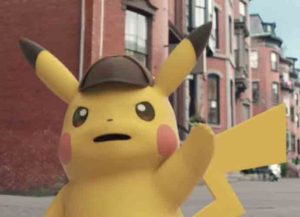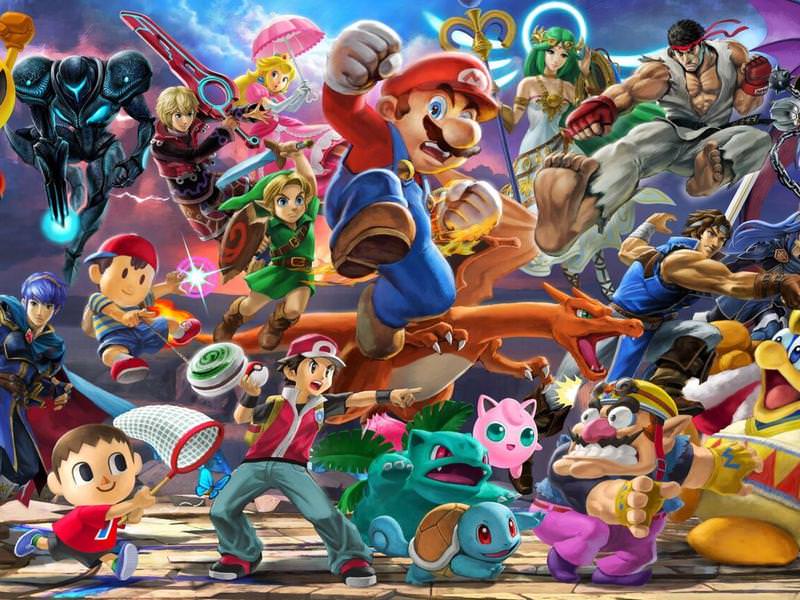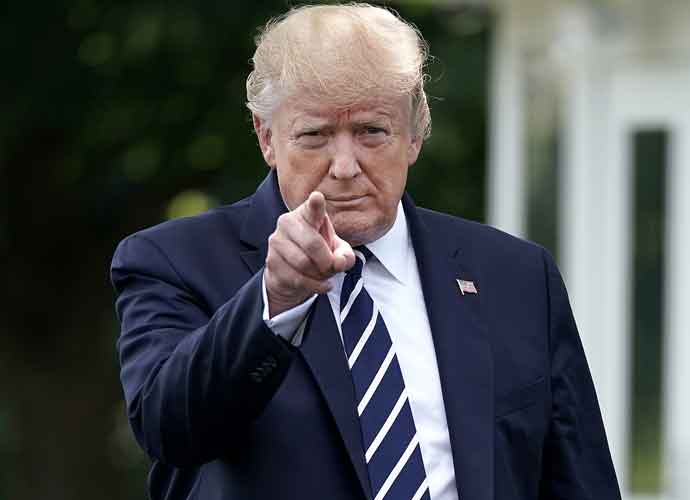‘Detective Pikachu’ Game Review: Not The Most Striking ‘Pokémon’ Title

Detective Pikachu Artwork (Image: Nintendo/The Pokémon Company)
Very few franchises in this medium have attained the success Pokémon has. Game Freak’s pet project quickly evolved past its monochromatic beginnings to inspire an anime adaptation, several manga publications, droves of merchandise, and – of course – countless sequels and spin-offs. Many of those side games branched out into different genres, but the adventure genre was one the evergreen property never explored until the Nintendo 3DS exclusive Detective Pikachu. Creatures, one of Pokémon‘s co-owners, developed this particular installment. Japanese audiences originally got to sample Detective Pikachu through an incomplete downloadable release in 2016, while the whole adventure was released internationally in March 2018.
Detective Pikachu stars two protagonists, the titular Detective Pikachu and his human partner Tim Goodman, the latter of whom came to Ryme City to discover the whereabouts of his missing father, Harry. The kid soon meets – and shockingly can understand – Detective Pikachu, an amnesiac specimen who claims to be a world-class detective. He was formerly Harry’s partner Pokémon, but the boastful mouse is incapable of using any attacks, a bizarre trait considering the battle-centric world Pokémon inhabit. As their agendas overlap, they team up, with Tim conversing with the human cast while Pikachu interrogates his fellow Pokémon.

The controls are typical for the genre; you control Tim (whom Pikachu follows), and moving the circle-pad moves the boy in the corresponding direction. Pressing A next to someone allows the appropriate protagonist to converse with the subject, and a dialogue tree allows players to ask witnesses questions. Clicking the A button when standing next to a conspicuous object will add it to your inventory or allow you to investigate it. In the tradition of the genre, there are occasional puzzles to solve. However, only one near the end of the game, where you had to carefully ration and spend money, stood out. Should players find themselves struggling during an investigation, Pikachu will give Tim a hint. There are also periodic quick time events that attempt to spice things up with an action-heavy sequence. I never failed one – chances are you won’t either – and they add little beyond being brief breathers from the typical protocol.
Solid writing is essential to any adventure game, and Detective Pikachu benefits greatly from how both of its leads are genuinely likable. Detective Pikachu is rambunctious and confident, forming a nice dynamic with his more grounded companion. Regrettably, the rest of the cast isn’t up to their standard; most of their associates – human and Pokémon alike – are just kind of there, used as props to march the plot along or make the world look populated. Disappointingly, both major antagonists are particularly awful; their machinations and personalities are entirely one-dimensional, neutering any satisfaction that’d come from besting them. In fairness, the ending could suggest there are further, greater threats lurking about, but that does little to benefit this game. Creatures, however, kindly took care to curate a diverse array of Pokémon from all seven of the then-available generations, culling a nice mixture of franchise fixtures like Gengar, Mimikyu and Charizard to obscure favorites like Tropius:
Have any of you ever been playing a game, having a decent time, but then you get to one transcendent sequence and you realize you’re playing one of the all-time greats? #Tropius #DetectivePikachu pic.twitter.com/AlHWe2CcLX
— Tropius Fan Club (@TropiusFanClub) March 18, 2019
In terms of the game’s structure, every chapter – of which there are nine – offers its own case that ties into and develops the greater narrative. None of them are particularly novel or hard to solve, however; it’ll be a recurring pattern that you’ll figure things out ahead of Pikachu and Tim and will therefore wait for them to catch up. Detective Pikachu is incredibly easy and linear; anyone with experience in the genre or who’s simply paying attention should clear it without hassle. I don’t mind the dearth of difficulty – this will likely be the first adventure game many kids play – but it does leave the campaign lacking for older, more seasoned players. Unfortunately, the presentation is fairly underwhelming too; character animations are clunky and, while the voice acting is nice, the music is subpar, adding texture to scenes but nothing beyond that.
However, Pokémon‘s universe is a robust place, and I can excuse Detective Pikachu‘s deficiencies because I did enjoy experiencing a different take on it. Detective Pikachu failed to evince itself as one of the brand’s stronger spin-offs (efforts like Snap and the four Mystery Dungeon games are more likely to be recognized among dedicated fans), and it was completely eclipsed in public mindshare by the live-action movie that’s based on it. But Creatures’ Detective Pikachu endures as an interesting curio within the series; there’s just enough about it to like regardless of skill level, and I hope its upcoming sequel builds upon its strengths.






6 thoughts on “‘Detective Pikachu’ Game Review: Not The Most Striking ‘Pokémon’ Title”